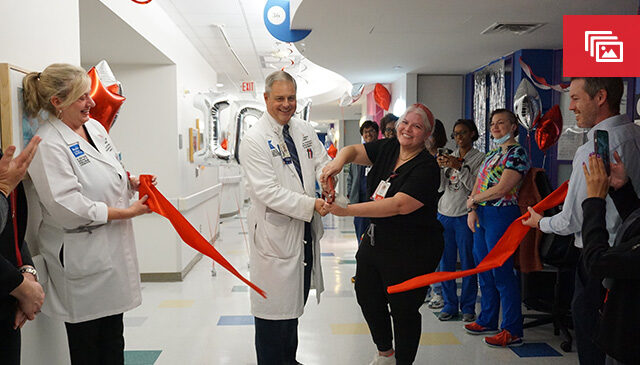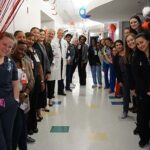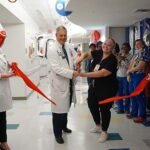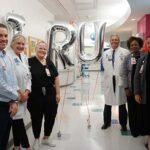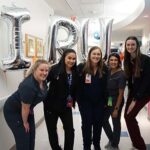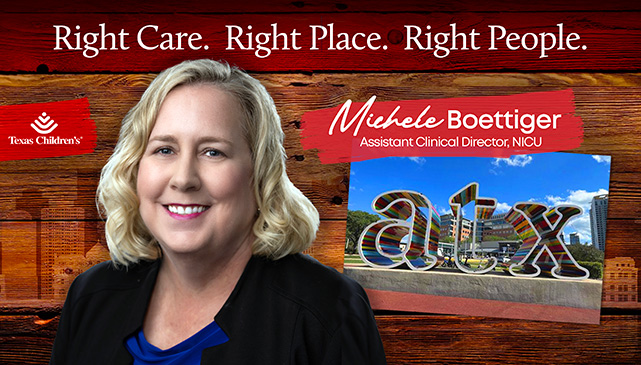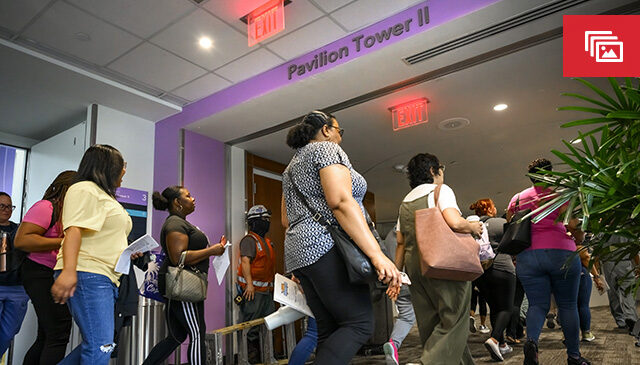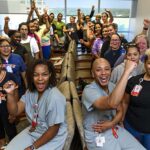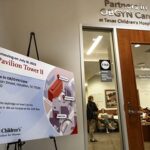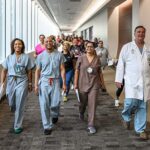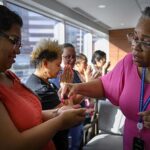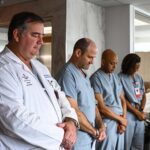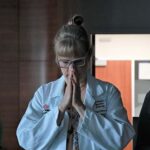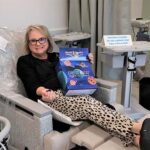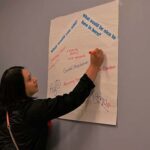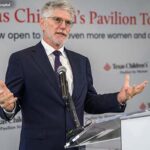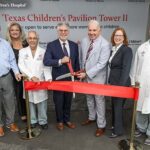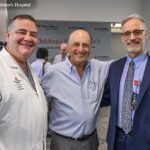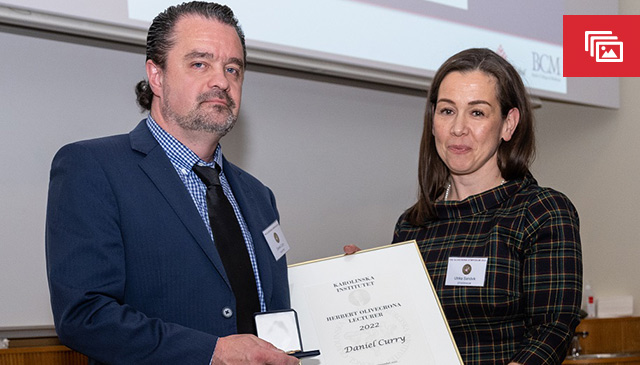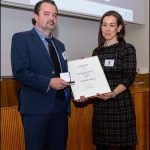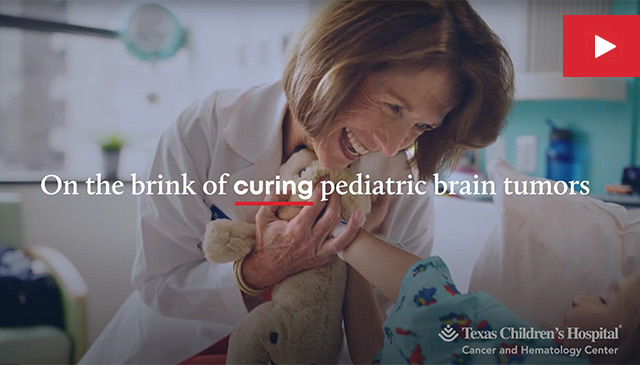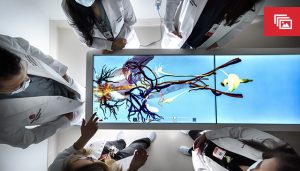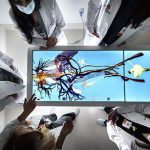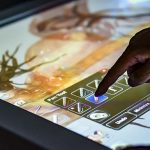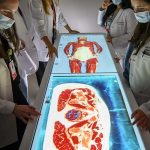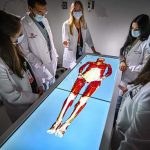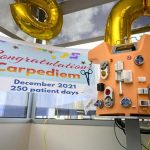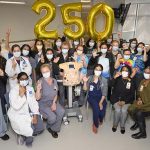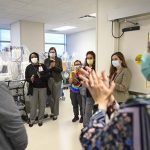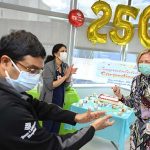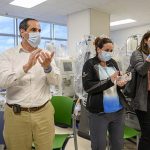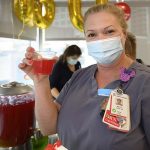March 23, 2022
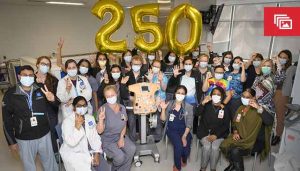
With more than 250 patient days of using the Cardio-Renal Pediatric Dialysis Emergency Machine (CARPEDIEM), Texas Children’s is now proud to be the largest CARPEDIEM care center in the world. CARPEDIEM was launched at Texas Children’s in June 2021 to serve our most vulnerable patients in need of continuous kidney support therapy. Since that time it has helped to effectively support several babies with kidney injury.
At a special celebration on Tuesday, February 15 with cake, punch and cheers all around, Director of the Texas Children’s Critical Care Nephrology Program Dr. Ayse Arikan thanked the team for their leadership, care and compassion for our patients. “I am immensely proud to be part of this team,” said Arikan. “This could not have been possible without all of you. As always, when you were asked for your adaptation of a new therapy, everyone went above and beyond expectations.”
“Our labor of love has led Texas Children’s to be the largest CARPEDIEM care center in the world, with four machines on standby for infant kidney support therapy,” said Arikan.
The CARPEDIEM system was originally developed in Europe, and FDA authorization was granted in 2020. CARPEDIEM is designed for use in babies with severe acute kidney injury or fluid overload. It provides continuous renal replacement therapy to patients as small as 2.5 kilograms and up to 10 kilograms.
Texas Children’s is one of seven hospitals to have this technology, and one of five hospitals who have started using it with patients. Until now, children in need of continuous kidney support therapy were using devices designed for older children. CARPEDIEM serves as an appropriate size-based therapy for our most vulnerable babies.
Based on published studies, we know acute kidney injury can affect up to one in three premature infants in the newborn ICU, according to Renal Physician Lead for CARPEDIEM Dr. Catherine Joseph. This occurrence is even more common in babies who are born extremely premature. When kidney injury is more severe and the patient does not respond to medical treatment alone, a device like CARPEDIEM can help support the baby’s kidneys by removing waste products and fluids.
“I am passionate in the care of newborns with kidney disease and invested in ways to improve outcomes for babies affected by kidney problems,” said Joseph. “To have this platform available to help support infants with kidney injury is a dream come true.”
Children born prematurely or admitted to Texas Children’s with critical illness are in the care of our pediatric critical care or neonatology providers in our intensive care units (ICU). “We are only able to deliver this CARPEDIEM technology to the bedside with the collaborative partnerships with our colleagues in the newborn, pediatric and cardiovascular ICUs (NICU, PICU and CVICU),” said Inpatient Chronic Renal Dialysis Staff Nurse Marsha Filipp.
“I am proud to be a part of this team as we reach these important milestones,” added Filipp. “It’s a wonderful feeling knowing we are making a difference and helping give more newborns a chance at life.”
